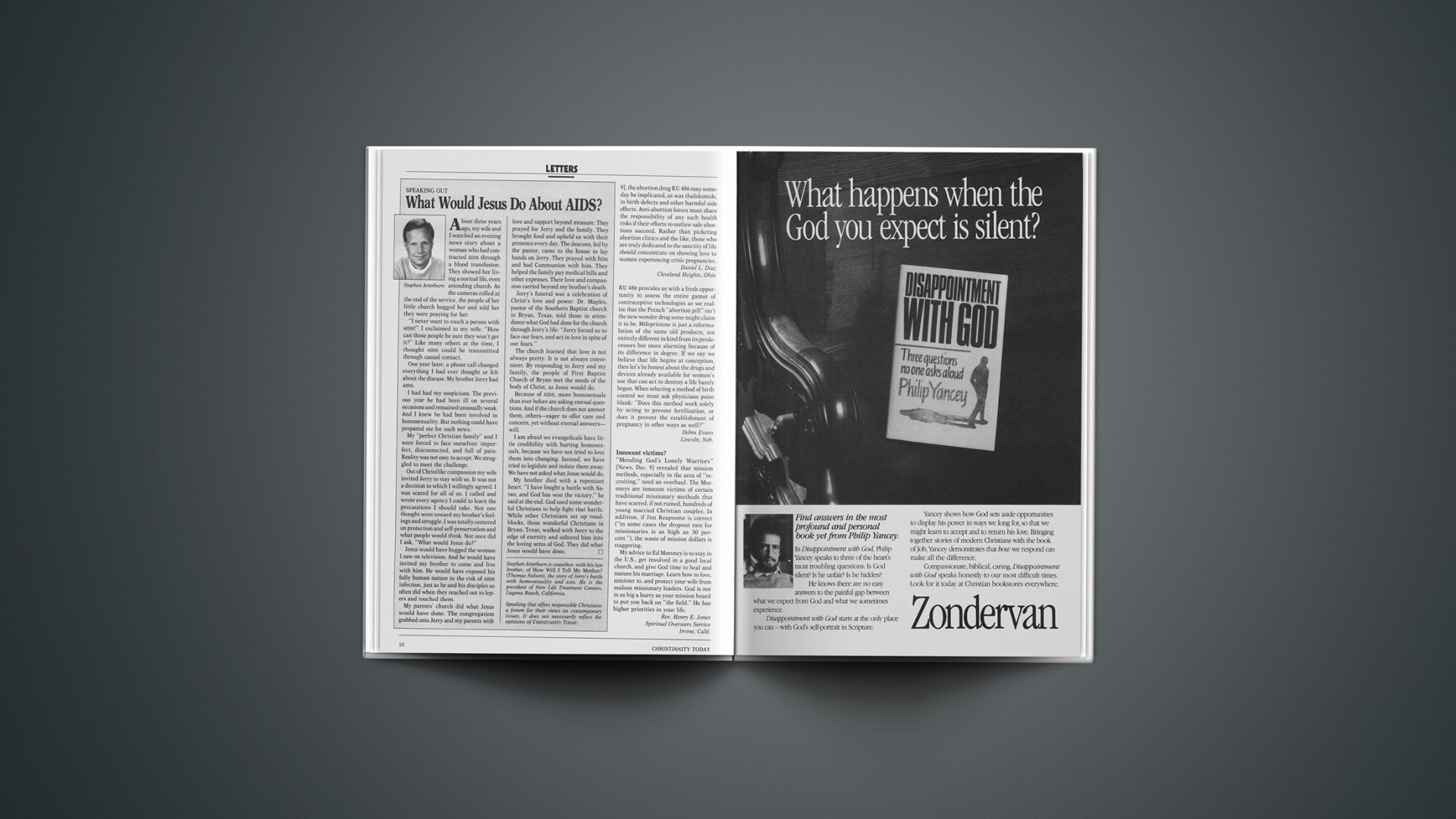A month or two ago a very dear friend of mine died. Her name was Doris Roethlisberger—as German as sauerkraut or, for that matter, my own name.
Doris was a schoolteacher. A century ago you would have called her a schoolmarm. And she looked the part. She taught English literature in the same school where I teach. (Doris would have objected to that sentence. She taught students not subject matter. But I would argue with her: “You’d better do both if you earn your salt as a teacher.”)
To put it in modern parlance, Doris was something else. She carried a permanent, militant grudge against mediocrity. It was the only streak of meanness I ever detected in her otherwise kind and gentle nature. Dissatisfaction is too weak a word for it—a holy revulsion against the status quo possessed her soul. She hated the second best with a perfect hatred—even when the second best was very good.
From the student who was desperately holding on to life in an academic environment to the bright student whose mind was like a sponge and always produced A work, she had the same answer: “You can do better than that.” And the way her nose curled up as she enunciated that reply demonstrated her utter disdain for A work by a student capable of A+.
“Work a little harder,” she urged. “Press on to the very best.”
It was the same holy zeal of the apostle Paul: “I do not count myself to have apprehended; but one thing I do, forgetting those things which are behind and reaching forward to those things which are ahead, I press forward to the goal for the prize of the high calling of God in Christ Jesus” (Phil. 3:13–14).
Doris’s passion for excellence could have molded her into a hard, critical judge of all of us, the imperfect creatures it was her lot to live with. But her passion for excellence was a holy passion, not a selfish one.
And from this passionate, impatient zeal for the best came a second characteristic I grew to admire deeply—even to revere. It was her passion to help others. Her life illustrated the command of the apostle Paul in Philippians 2: “Have this attitude in you, which was also in Christ Jesus.”
Christ, “being in very nature God,” might well have grabbed everything he wanted for himself. But he didn’t do that. He served others. And that is what Doris did—all her life. She wanted to serve others more than anything else. The joy of her life was to find a person who needed help, and then help that person.
Even those who visited her in the last few weeks of her life, when she was suffering so much, discovered this divine dimension. Doris did not burden visitors with her woes. Rather, she lifted their spirits, and she directed their minds to think about higher and better things.
Doris wanted to help people to be better and do better. She wanted nothing but the best for others. She wanted students to study harder, and she told them so. She wanted good teachers to teach better, good writers to improve their skills, a good college to be a better college.
Doris wanted the bricklayer to lay his bricks a little straighter; she wanted the preacher to focus on the text a little more sharply; she wanted the evangelist to communicate the gospel a little more clearly.
Doris believed that with most people, the good is really the worst enemy of the best. And her deep desire was to exhort those around her, to encourage them, rouse them, even prod them to attain the highest they could—their very best.
When I was asked to speak at Doris’s memorial service, I asked myself: “What would Doris like to say to her friends as her last will and testament?” I decided she would have preached a sermon on Paul’s word in Philippians 3: “Brethren I don’t count myself as having attained, but I press forward.”
Pressing forward. It was the sum and substance of Doris’s life, the mandate she lived by. And it was the legacy she gave all of us who were graced by her presence.










